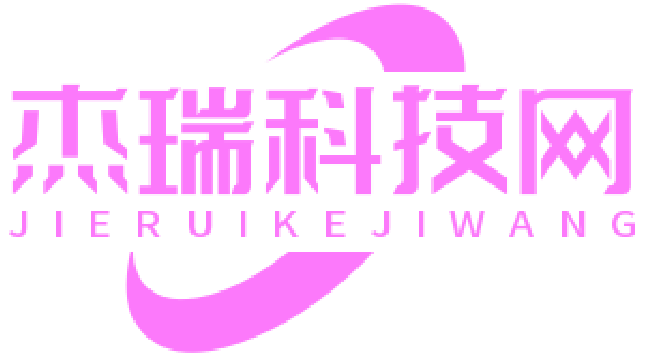Artificial intelligence (AI) is transforming industries, economies, and societies at an unprecedented pace. As AI systems become more advanced, ethical considerations must guide their development and deployment. Establishing robust AI ethical standards ensures that these technologies benefit humanity while minimizing risks. This article explores key principles, global frameworks, and real-world applications of AI ethics, supported by the latest data.

Core Principles of AI Ethics
Several foundational principles underpin AI ethics, ensuring fairness, accountability, and transparency. Leading organizations, including the OECD, IEEE, and the European Union, have outlined these key tenets:
- Transparency – AI systems should be explainable, allowing users to understand decision-making processes.
- Fairness & Non-Discrimination – Algorithms must avoid biases that could harm marginalized groups.
- Privacy & Data Protection – AI should comply with regulations like GDPR and safeguard user data.
- Accountability – Developers and organizations must take responsibility for AI outcomes.
- Safety & Reliability – AI must be rigorously tested to prevent harmful failures.
Global AI Ethics Frameworks (2024 Update)
Different regions have adopted varying approaches to AI governance. Below is a comparison of major ethical frameworks:
| Region/Organization | Key AI Ethics Guidelines | Latest Policy Updates (2024) |
|---|---|---|
| European Union | AI Act (risk-based regulation) | Full implementation by 2026, stricter rules for high-risk AI |
| United States | NIST AI Risk Management Framework | Biden’s Executive Order on AI safety (Oct 2023) |
| China | Next-Generation AI Development Plan | Focus on AI governance in military & surveillance |
| OECD | AI Principles (adopted by 46+ countries) | Updated guidelines on generative AI (2024) |
Sources: European Commission, White House, OECD AI Policy Observatory
Case Studies: AI Ethics in Practice
Bias in Hiring Algorithms
A 2023 study by Stanford University found that AI-powered recruitment tools often discriminate based on gender and ethnicity. For example, Amazon discontinued an AI hiring tool after discovering it favored male candidates.
Solution: Companies like LinkedIn and HireVue now use bias-detection audits to ensure fairness.

Facial Recognition & Privacy Concerns
Clearview AI faced lawsuits in 2024 for scraping billions of facial images without consent. The EU’s AI Act now bans real-time facial recognition in public spaces unless for law enforcement with judicial approval.
Regulatory Response:
- GDPR fines for non-compliance (up to 4% of global revenue).
- US cities (e.g., San Francisco) banning police use of facial recognition.
AI in Healthcare: Ethical Dilemmas
AI diagnostics improve accuracy but raise concerns about patient autonomy. A 2024 WHO report warns against over-reliance on AI without human oversight.
Best Practices:
- Explainable AI (XAI) in medical decision-making.
- Patient consent protocols for AI-driven treatments.
Emerging Challenges in AI Ethics
Generative AI & Misinformation
OpenAI’s GPT-4 and deepfake technologies pose risks of disinformation. A 2024 MIT study found that 67% of users struggle to distinguish AI-generated content from human-written text.

Mitigation Strategies:
- Watermarking AI-generated content (proposed by the EU).
- Fact-checking partnerships (e.g., Google’s collaboration with news agencies).
Autonomous Weapons & Military AI
The UN has debated a ban on lethal autonomous weapons, but no global consensus exists. Countries like South Korea and Israel are advancing AI-driven defense systems.
Ethical Debate:
- Proponents argue AI reduces soldier casualties.
- Critics warn of uncontrolled escalation risks.
How Businesses Can Implement AI Ethics
Organizations must integrate ethical AI practices into operations. Key steps include:
- Conducting AI Impact Assessments – Identify risks before deployment.
- Establishing Ethics Review Boards – Include diverse stakeholders (technologists, ethicists, legal experts).
- Adopting Open-Source AI Audits – Tools like IBM’s AI Fairness 360 help detect bias.
- Training Employees on AI Ethics – Google and Microsoft offer certification programs.
AI ethics is not just a regulatory requirement—it’s a competitive advantage. Companies prioritizing transparency, fairness, and accountability build trust with users and avoid costly legal repercussions. As AI evolves, continuous dialogue among governments, tech leaders, and civil society will shape a future where innovation aligns with human values.

"The question is not whether AI will be powerful, but whether it will be aligned with our ethical principles." – Fei-Fei Li, Stanford AI Lab



